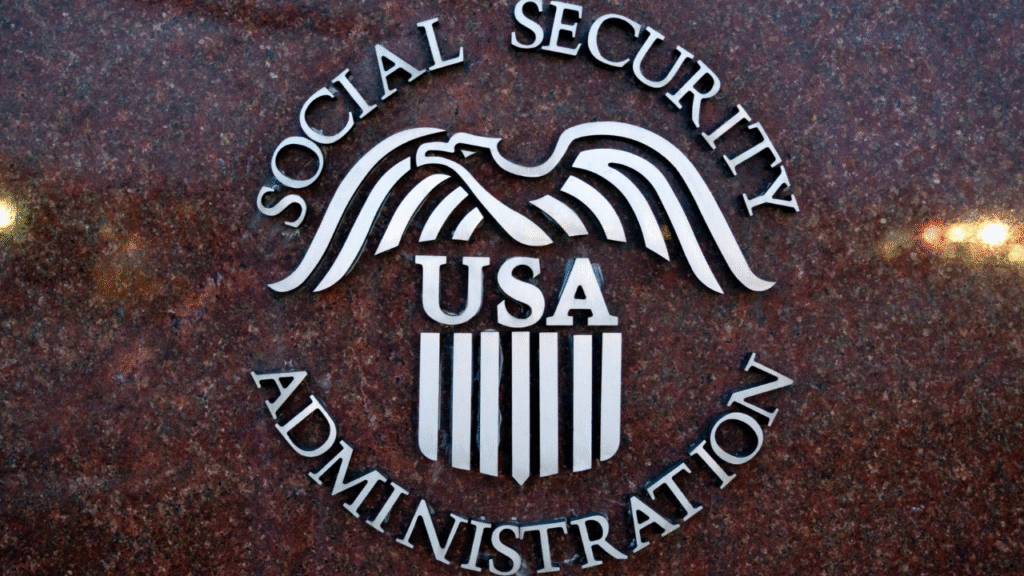Millions of Social Security recipients in the United States are set to receive their monthly benefits on Wednesday, May 14, 2025. This payment date applies to beneficiaries whose birthdays fall between the 1st and 10th of any month. The Social Security Administration (SSA) follows a structured payment schedule based on beneficiaries’ birth dates to ensure timely and organized disbursement of funds.
Understanding the May 2025 Payment Schedule

The SSA issues Social Security payments on a staggered schedule each month, determined by the beneficiary’s birth date:
- Second Wednesday (May 14): For beneficiaries born between the 1st and 10th.
- Third Wednesday (May 21): For those born between the 11th and 20th.
- Fourth Wednesday (May 28): For individuals born between the 21st and 31st.
Beneficiaries who began receiving benefits before May 1997, or those who receive Supplemental Security Income (SSI) in addition to Social Security, typically get their payments on the 3rd of each month.2025 Cost-of-Living Adjustment (COLA)
In 2025, Social Security benefits increased by 2.5% as part of the annual cost-of-living adjustment (COLA). This adjustment helps beneficiaries keep up with inflation and rising living costs. On average, retirees will see about a $50 monthly increase in their payments.
This COLA affects various types of benefits, including retirement, disability, and survivor benefits, as well as SSI payments. For SSI recipients, the maximum federal payment amounts in 2025 are as follows:
- Individual: $967 per month
- Couple: $1,450 per month
- Essential person: $484 per month
Recent Developments Affecting Beneficiaries
The Social Security Administration has recently introduced several policy changes that may affect how benefits are administered:
- Identity Verification Requirements: As of April 14, 2025, in-person identity proofing is required for individuals who are unable to access services through their personal “my Social Security” account. However, applications for Disability Insurance, Medicare, and SSI are exempt from this requirement.
- Overpayment Recovery Policy: Effective March 27, 2025, the SSA reinstated a default overpayment withholding rate of 100% of a person’s monthly benefit for new overpayments. Beneficiaries who are affected by this policy can request a lower recovery rate or appeal the decision, particularly if the overpayment was not their fault or if repayment would cause financial hardship.
What to Do If Your Payment Is Delayed
If you are expecting a payment on May 14 and do not receive it, the SSA recommends allowing an additional three mailing days before taking action. Delays can happen due to postal issues, bank processing times, or administrative errors.
To get help, beneficiaries have several options:
- Call the SSA: 1-800-772-1213 (TTY: 1-800-325-0778), available Monday through Friday from 8:00 a.m. to 7:00 p.m.
- Visit a Local SSA Office: Offices can provide personalized assistance.
- Use Online Services: The “my Social Security” portal allows users to track payments, manage benefits, and access important documents.
Staying Informed
It is essential for Social Security recipients to stay informed about changes to policies, schedules, and benefit amounts. The SSA offers regular updates through newsletters, public announcements, and their online platform. Beneficiaries are encouraged to review their accounts regularly to ensure that all personal and payment information is accurate and up to date.
Important Tips for Beneficiaries:
- Set up direct deposit to avoid mail-related delays.
- Create and regularly check your “my Social Security” account online.
- Review SSA mail and email notifications for policy updates.
- Contact SSA promptly if you suspect overpayments or errors.
Conclusion
The scheduled Social Security payments on May 14, 2025, are part of a well-organized system that aims to serve millions of Americans efficiently. With the recent COLA increase, identity verification changes, and revised overpayment policies, staying informed is more important than ever. Beneficiaries should take advantage of available resources to ensure they receive the support they are entitled to without disruption.
For the most accurate and up-to-date information, always consult official government sources such as the Social Security Administration.




